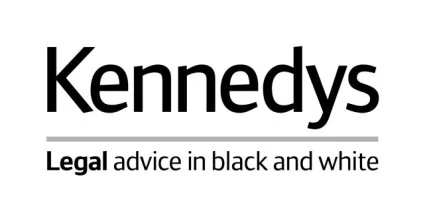The Bill has been launched as a Private Bill by Labour MP, Andrew Dismore. Mr Dismore has said "There are only two types of insurance which are legally compulsory: for cars and for employers. If a driver does not have insurance then there is a residual "insurer of last resort" arrangement, the Motor Insurance Bureau, which will pay out if somebody is injured due to a negligent driver who was not insured. However, there are no similar provisions for employers' liability."
The Bill is one of 12 introduced by Mr Dismore following a "sleepover" in Parliament to ensure he was at the front of the queue. Although it received its first reading on 26 January 2009, its second reading, initially due on 13 March, has been postponed to 16 October. As with most Private Bills it is unlikely to reach the statute book, but rather serve as a means to gain publicity and support for the issues raised.
Voluntary Tracing Scheme
Employers' liability insurance was made compulsory by the Employers' Liability (Compulsory Insurance) Act 1969, which came into effect in 1972. For claims arising since that time, the problem for potential claimants is unlikely to be that no insurance was in place, but rather that the policy cannot be traced.
The insurance industry runs its own voluntary tracing scheme. The Code of Practice for Tracing Employers' Liability Insurance Policies was introduced in 1999. The Code is not a statutory code but most insurance companies who write EL policies have signed up to it. The Code provides that they should safeguard the policy records that exist, search records for enquirers and store future records in ways that will make it easier to answer enquiries in the future. However, figures from a Department for Work and Pensions review into the Code of Practice published in December 2008 indicate that the success rate for enquiries in 2006-7 was only 35%, meaning that over 6,000 enquiries for this period were unsuccessful. It is likely that many of these relate to disease claims.
The ABI has identified that part of the problem lies with the provision of relevant information by brokers to insurers, including information in relation to subsidiary companies. Whilst efforts are being made to increase the number of successful traces, it is likely that there will remain a significant number of potential claimants each year who are unable to pursue a claim.
The Way Forward?
It is easy for claimants and their representatives to argue that the only way forward is to introduce a Bureau, funded by the insurance industry, to enable claimants who are unable to trace their employers' insurers to receive compensation.
However, this ignores the impact that such a change would have. The ABI has highlighted that the costs of the Bureau would have to be passed onto businesses through their premiums at a time when premiums have been increasing in any event. In many cases current businesses would be asked to pay for the negligence of other businesses some time in the past.
The ABI has called for a fundamental reform of workplace compensation in the UK. It is unlikely that any major review of the system will be carried out in the short to medium term. However, it is also unlikely that, in the meantime, this Bill will find its way to the statute book.
The content of this article is intended to provide a general guide to the subject matter. Specialist advice should be sought about your specific circumstances.

